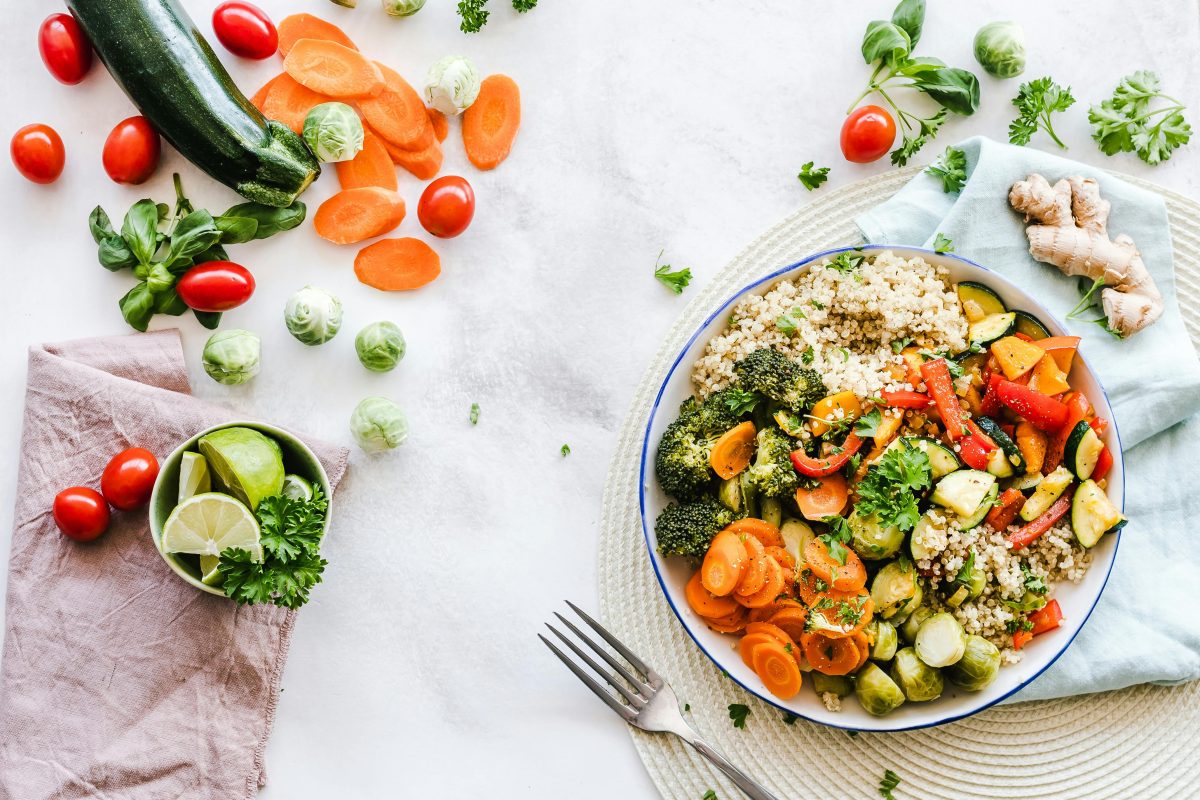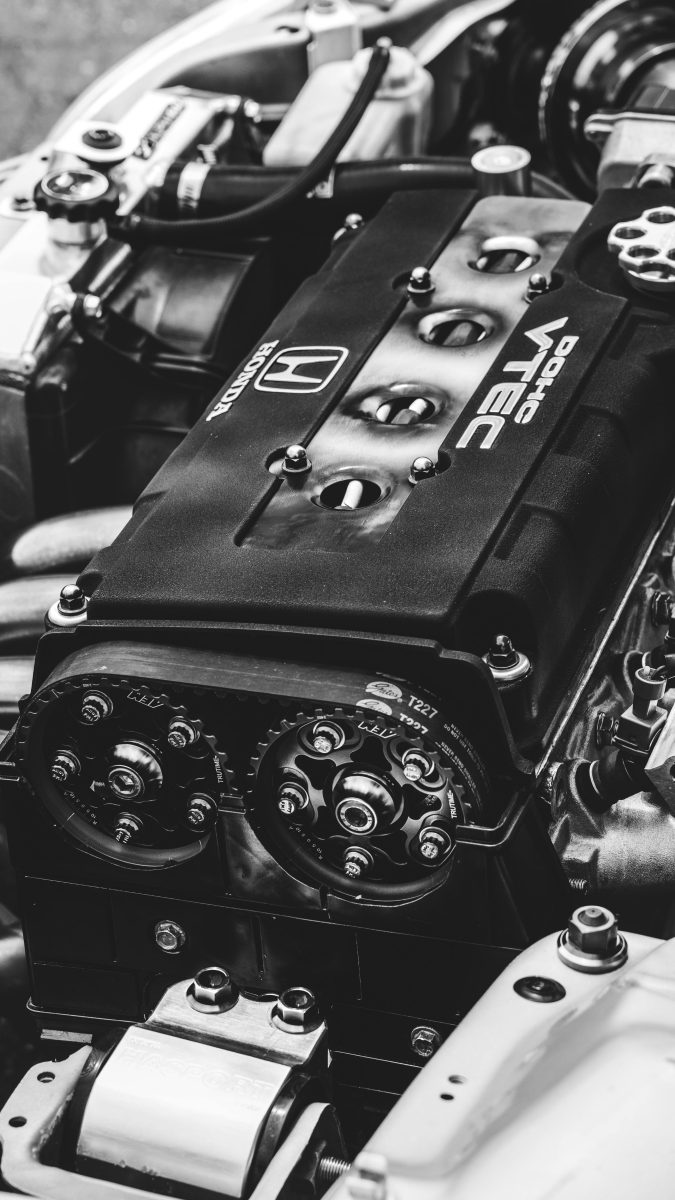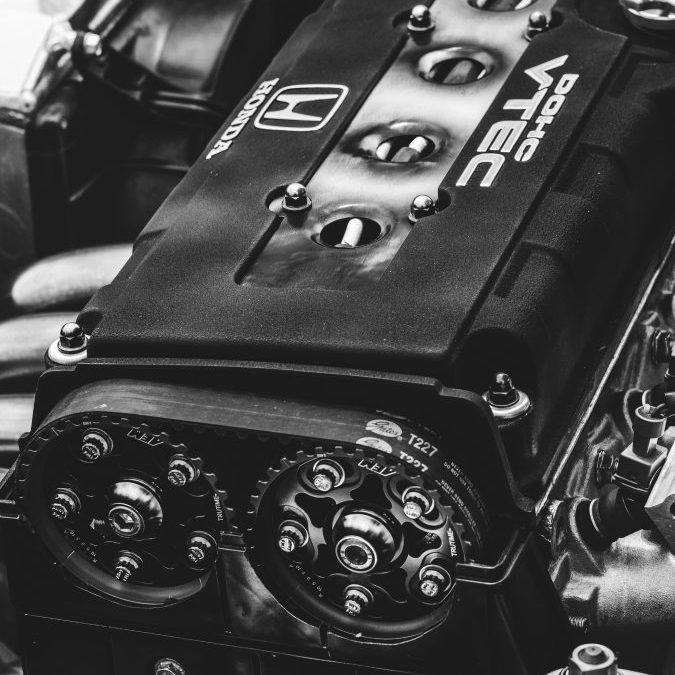Last Updated on: 14th July 2024, 09:38 am
Introduction to Pre-Workout Nutrition

Fueling your body before exercise isn’t just important; it’s essential for anyone looking to maximize their performance and get the most out of every workout session. The right pre-workout meal can be the difference between hitting that new personal best or falling short of your goals. It’s not just about eating; it’s about fueling your body with the right nutrients to enhance your endurance, strength, and recovery.
- Carbohydrates are your body’s primary energy source, crucial for fueling those intense workouts.
- Proteins support muscle repair and growth, ensuring quick and efficient recovery.
- Fats, often underrated, provide sustained energy, especially for longer exercise sessions.
Understanding the balance and timing of these macronutrients can transform your performance. A well-crafted pre-workout meal not only boosts your energy levels but also improves your endurance, allowing you to train harder and longer. It’s about giving your body what it needs, when it needs it, to achieve peak performance.
Understanding the Timing of Pre-Workout Meals

Ideal Time to Eat Before Different Types of Workouts
Timing is everything when it comes to pre-workout nutrition. For strength training, consuming a meal 2-3 hours before your session allows your body to digest and utilize the nutrients effectively, fueling those muscle gains. Cardio enthusiasts, on the other hand, might prefer a lighter snack 30 minutes to an hour before hitting the pavement or the treadmill. This ensures a quick energy boost without the discomfort of a full stomach.
The Role of Digestion and Absorption Rates
Digestion and absorption rates are crucial in determining the timing of your pre-workout meal. Foods high in carbohydrates and proteins are absorbed at different rates. Carbohydrates provide a quick energy source, while proteins take longer to break down, offering sustained energy and muscle support. Understanding this can help you tailor your meal timing to match your workout intensity and duration.
Quick Tips for Timing Your Meals
- For strength training, aim for a balanced meal 2-3 hours before your workout.
- Before cardio, opt for a light, carb-rich snack 30-60 minutes prior.
- Listen to your body. Adjust the timing and composition of your pre-workout meal based on how you feel during your workouts.
Mastering the art of pre-workout nutrition is a game-changer. It’s not just about what you eat, but when you eat it. By fine-tuning the timing of your meals, you can ensure your body has the right fuel at the right time, maximizing your performance and results. Remember, every body is unique. Experiment and find what works best for you, and watch as your workouts transform.
The Power of Carbohydrates

Why Carbs Are Crucial for Energy
Carbohydrates are the primary fuel source for our bodies, especially during high-intensity workouts. They break down into glucose, entering our bloodstream and providing the energy needed for muscle contractions. Without adequate carbs, our energy levels plummet, and performance can suffer.
Simple vs. Complex Carbohydrates and Their Impact on Performance
- Simple carbohydrates, found in fruits and honey, provide a quick energy burst.
- Complex carbohydrates, such as whole grains and vegetables, digest slowly, offering a steady release of energy.
Best Carbohydrate Sources for Pre-Workout Meals
For a pre-workout meal, aim for complex carbohydrates combined with a moderate amount of protein. Options like a banana with almond butter, oatmeal with berries, or a whole-grain sandwich with lean turkey provide the perfect blend of nutrients. These meals fuel your body for peak performance, ensuring you have the sustained energy to power through your workout.
Understanding the role of carbohydrates in your pre-workout meal is crucial. By selecting the right types and sources of carbs, you can optimize your energy levels and performance. Remember, timing is key. Consuming your meal 2-3 hours before your workout allows for proper digestion and absorption, setting the stage for a successful exercise session.
The Role of Proteins and Fats

How Protein Supports Muscle Repair and Growth
Protein is the building block of muscle. After a strenuous workout, muscles are primed for repair and growth. Consuming protein pre-workout provides the necessary amino acids for this process, facilitating quicker recovery and muscle development. This not only helps in enhancing strength but also in improving overall performance.
The Importance of Fats in Long-Duration Workouts
Fats are a powerhouse of sustained energy, crucial for endurance activities. They step in when carbohydrates are depleted, ensuring that your body has a steady energy supply. This makes fats an essential component of pre-workout meals for anyone engaging in long-duration workouts, helping to maintain performance without the crash associated with depleted glycogen stores.
Balancing Macronutrients for Optimal Results
Balancing carbohydrates, proteins, and fats is key to a successful pre-workout meal. This balance ensures a steady supply of energy, supports muscle repair, and promotes overall health. Tailoring this balance to your specific workout needs can significantly enhance your performance and results.
Recommended Protein and Fat Sources for Pre-Workout Meals
- For proteins, lean sources such as chicken, turkey, tofu, and legumes are ideal.
- Fats should be consumed in moderation, with a focus on healthy sources like avocados, nuts, seeds, and olive oil.
Understanding the role of proteins and fats in pre-workout meals is crucial for anyone looking to optimize their performance. By choosing the right sources and balancing these macronutrients, you can fuel your body effectively, ensuring you’re ready to tackle any workout with vigor.
Hydration and Pre-Workout Nutrition

The Importance of Water and Electrolytes for Performance
Water isn’t just a thirst quencher; it’s a crucial player in your pre-workout routine. Proper hydration ensures that your muscles are primed, your heart rate is steady, and your body is ready to tackle any challenge. Electrolytes, such as sodium, potassium, and magnesium, balance fluids in your body, supporting nerve function and muscle contractions. Together, water and electrolytes form a dynamic duo that boosts your performance and endurance.
How to Hydrate Properly Before Exercising
Starting your workout well-hydrated sets the stage for peak performance. Aim to drink 17-20 ounces of water 2-3 hours before exercising, followed by an additional 8 ounces 20-30 minutes before you begin. If you’re planning a long or particularly intense session, consider a beverage with electrolytes to replenish what you’ll lose through sweat.
Signs of Dehydration to Watch Out For
Dehydration can sneak up on you, impacting your performance and health. Watch for early signs such as thirst, dry mouth, reduced sweat rate, and dark-colored urine. More severe symptoms include dizziness, fatigue, and confusion. Recognizing these signs early can help you take action, rehydrate, and prevent further dehydration.
Understanding the critical role of hydration and electrolyte balance in pre-workout nutrition can significantly enhance your performance. By ensuring you’re properly hydrated, you’re setting the stage for a successful, energizing workout. Remember, your body’s hydration needs are as unique as your fitness goals. Listen to your body, adjust as needed, and watch as your performance reaches new heights.
Sample Pre-Workout Meal Ideas

Quick and Easy Pre-Workout Meal and Snack Ideas
- A simple banana with a smear of peanut butter – quick hit of carbs and protein.
- Greek yogurt with a drizzle of honey and a handful of almonds – combines nutrients efficiently.
- A rice cake topped with avocado – provides a balance of carbs and healthy fats.
These options are not only convenient but also ensure you’re not weighed down during your workout.
Tailoring Your Pre-Workout Meal to Your Workout Type and Time
- Weightlifting: A smoothie with whey protein, spinach, and a small amount of fruit – maximizes muscle support.
- Running: A slice of whole-grain toast with jam – delivers fast-acting carbs for immediate energy.
The key is to match your meal’s macronutrient profile with the demands of your workout, optimizing your body’s performance capabilities.
Adjusting Meals for Morning vs. Evening Workouts
- Morning Workouts: An apple with almond butter – kickstarts metabolism without feeling full.
- Evening Workouts: Grilled chicken with quinoa and vegetables – ensures ample time for digestion and nutrient absorption.
The goal is to provide your body with the right fuel at the right time, regardless of when you choose to exercise.
Whether you’re gearing up for an intense session or a steady-state cardio workout, the right pre-workout meal can significantly impact your energy levels and performance. Consider the timing, your workout’s intensity, and your personal digestive comfort when choosing your meal. With these tailored options, you’ll be well on your way to powering through your next workout with optimal energy.
In Closing
Fueling right fuels performance. This principle underpins effective workout outcomes. By balancing macronutrients and hydration, athletes can optimize energy, endurance, and recovery. Tailoring this balance to individual needs and workout specifics transforms effort into achievement. Embrace these nutritional strategies to unlock your full potential, every session.
Pre-Workout Meals: What to Eat for Optimal Performance FAQs
A well-composed pre-workout meal can indeed support weight loss goals by enhancing workout performance. By fueling your body properly, you can exercise at a higher intensity or for a longer duration, increasing calorie burn. However, the meal should be balanced and portion-controlled to avoid consuming more calories than you burn.
Eating fats before working out can be beneficial, especially for longer, lower-intensity exercise sessions. Fats provide a slow and steady source of energy, which can be helpful for endurance activities. However, they should be consumed in moderation as they take longer to digest.
Hydration is crucial for optimal performance and should be a key component of pre-workout nutrition. Adequate fluids help maintain blood volume and regulate body temperature during exercise. Drinking water or a sports drink before exercising can also prevent dehydration.
It’s best to eat a pre-workout meal 2-3 hours before exercising. This timing allows your body to digest and absorb the nutrients, ensuring the energy is available when you need it. If you’re pressed for time, a small, easily digestible snack 30 minutes before can also be effective.
Skipping the pre-workout meal is okay occasionally, especially if you’re not feeling hungry or you’re doing a light workout. Your body can rely on energy stores from previous meals. However, for longer, more intense sessions, skipping a meal might hinder your performance and recovery.
Yes, including protein in your pre-workout meal is important for muscle support. Protein helps in the repair and growth of muscle tissue, especially if your workout includes strength training. Consuming protein before exercising can also help reduce muscle damage and promote recovery.
Yes, it’s best to avoid heavy, high-fat, and high-fiber foods before working out. These can cause digestive discomfort and slow down your energy utilization. Instead, focus on easily digestible foods that provide quick energy.
Good pre-workout meals include a balance of carbs, protein, and healthy fats. Examples are a turkey and avocado wrap, oatmeal with berries and almonds, or a smoothie with banana, protein powder, and spinach. These meals provide a mix of nutrients to support energy levels, muscle health, and endurance.
If you workout early in the morning, a light snack or a liquid meal can be a good option. This could be a piece of fruit, a small smoothie, or a yogurt, providing quick energy without weighing you down. The key is to listen to your body and provide it with some fuel for the workout ahead.
Consuming carbohydrates before a workout maximizes energy levels. Carbs are broken down into glucose, which fuels your muscles during high-intensity exercises. Opt for complex carbs like whole grains or oats for sustained energy.
Orlando is a all round athlete from Australia, now resident in Germany. His sports of passion of American Football(Offensive line), weight training and indoor rock climbing where he uses his 195cm wing span to his advantage.



